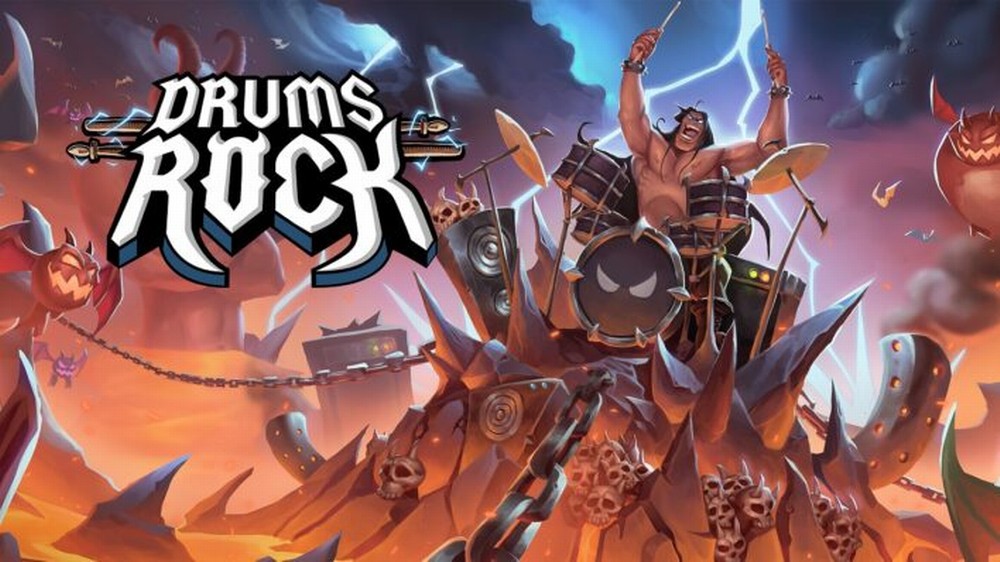Leveling Treadmills
It’s Time to Put the Gameplay Back Into Online Games
Originally Published on June 5, 2003
Online games seem to be on every gamer’s wish list these days, especially online RPGs. With Star Wars Galaxies coming out, followed by Worlds of Warcraft, this hype is reaching an all-time high. Despite this, I predict the day of the “EverQuest Clone” is at an end.
Online “Leveling treadmill” games are no new thing. Since the first D&D port to a MUD people have been enjoying the type of gameplay where you kill something to get more powerful to kill more powerful things and so on. However, what really popularized this was EverQuest – what amounted to a 3D version of the text-based MUDs that formerly only a hardcore minority were playing. You now had a much more visually immersive game and more importantly, one that appealed to the masses.
The gameplay of EverQuest consists of one thing: gaining levels and earning treasure. Although you can complete a quest here and there, the motivation to do quests are the levels and treasure they provide rather than the sense of adventure or role-playing you would get from a traditional game. EQ includes a crafting system, but true to its priorities it wasn’t even functional at release. Why this focus on levels rather than role-playing, when the origin of this genre was in fact role-playing?
The first major retail MMO, Ultima Online, actually was and is the only online RPG in the true sense of the word. You could cook, cut boards from logs, even shear wool from sheep to make a shirt. As it turned out in practice most people weren’t interested in role-playing. Instead, the majority of players would spend hours doing something akin to staring at the screen hitting ‘a’ over and over to hit a practice dummy to improve combat skills. Combat became the whole point of the game for most people. Skills not related to combat were ignored. One could relatively quickly increase combat skills to defeat even the highest level monsters. When that happened, some people simply began killing others and thus PVP (player vs. player) was born.
Future developers learned an important lesson from this. Even if the gameplay is not fun, such as hitting ‘a’ for hours on end, people will do it anyway for the reward of improved skills or levels. When the next MMO, EverQuest, came out it was a foregone conclusion it would focus on exactly that: gaining levels – even if the gameplay in doing that was tedious and boring. Sales exploded, huge profits were realized from the monthly fee, and people were addicted – some playing 80 or more hours a week.
As is common in the gaming industry, anytime something original succeeds the clones quickly followed. Anarchy Online, which amounted to “EverQuest in the future” – complete with swords and magical effects, Dark Age of Camelot (DAOC), which amounted to “EverQuest in Camelot” but with PVP, and Asheron’s Call, which was EverQuest in a whole new world. Then the freebies and shareware MMOs start coming out (too numerous to list). The first and only half-hearted attempt to break away from the leveling treadmill was released a couple of years later, WWII Online, and failed from the start.
DAOC, released about two years after EQ, marked the saturation of the market. After that nobody needed or wanted any more leveling treadmills but the me-too momentum by the publishers to cash in on the craze was already there. Most developers realized that they needed some kind of draw to attract new gamers. Among the more notable releases:
- Neocron – Action based leveling treadmill. Appeal is interactive combat and PVP focus.
- Shadowbane – Newbie unfriendly leveling treadmill. Appeal is class based PVP, shorter times to level, and the ability to build your own cities.
- Earth and Beyond – Newbie friendly leveling treadmill. Appeal is gaining levels to solve quests rather than for its own sake. However, the game was released unfinished so gamers could complete all quests within a few days of play time and then cancel their subscriptions. Also, people don’t seem to like space based MMOs.
- AC2 – Blatant leveling treadmill. Same as AC, which in itself was never that popular because there is even less gameplay than EQ. Appeal is a storyline.
All these games either failed or had very low subscription rates.
With the newest releases, developers have been exploring other aspects of MMO play. First is Eve Online: The Second Genesis, a space based MMO. The developers of Eve try to downplay the leveling treadmill and make player interaction in the world the focus of the game. However, subscription rates are very low. In my opinion, the reason for this is that they forgot to include the gameplay. While people will tolerate doing boring, repetitive tasks in something like EQ, they aren’t going to do it if you focus the game on something other than levels. The cliff-like learning curve and general lack of interest in space based MMOs don’t help either.
Second is Planetside, an online shooter. The developers, well aware of the appeal of the leveling treadmill, wisely include levels in Planetside and most people play for that reason. However, for the first time in an MMO we also see “real” gameplay and something to do besides gaining levels.
This is illustrative of two facts in regard to massively multiplayer gamers that developers of new MMOs need to take note of. First, people are tired of leveling for the sake of leveling. Developers seem to forget that games are supposed to be fun, supposed to give the player a goal and a purpose, and not just be endless repetition of the same pointless tasks. Most MMOs violate almost every rule of good game design. While the novelty lasted up to DAOC, every new MMO since then, except Planetside, has done poorly commercially.
Second, developers need to start including real gameplay in MMOs. A few games have tried different methods of PVP and such but it’s not enough. Developers need to go back to the basics and look at the basic principles of game design. As a developer I have my own top 10 game design rules list, and I’ll point out two of the rules on my list most consistently violated.
- Whether you win or lose a battle should depend on your strategy and skill, not on your equipment or level, unless your equipment or level in itself reflects your strategy or skill.
- The player always needs a challenging goal to maintain game interest.
The two biggest hyped MMOs to date are due for release soon, Star Wars Galaxies and Worlds of Warcraft. Hopefully Blizzard will include real gameplay and make a game that’s actually fun to play. Middle Earth Online and Microsoft’s Mythica are also coming out soon. Hopefully the developers of those and other MMOs due for release will go back to the basics and release MMO’s that satisfy our basic reason for buying games – having fun.
Kevin Jenkins










